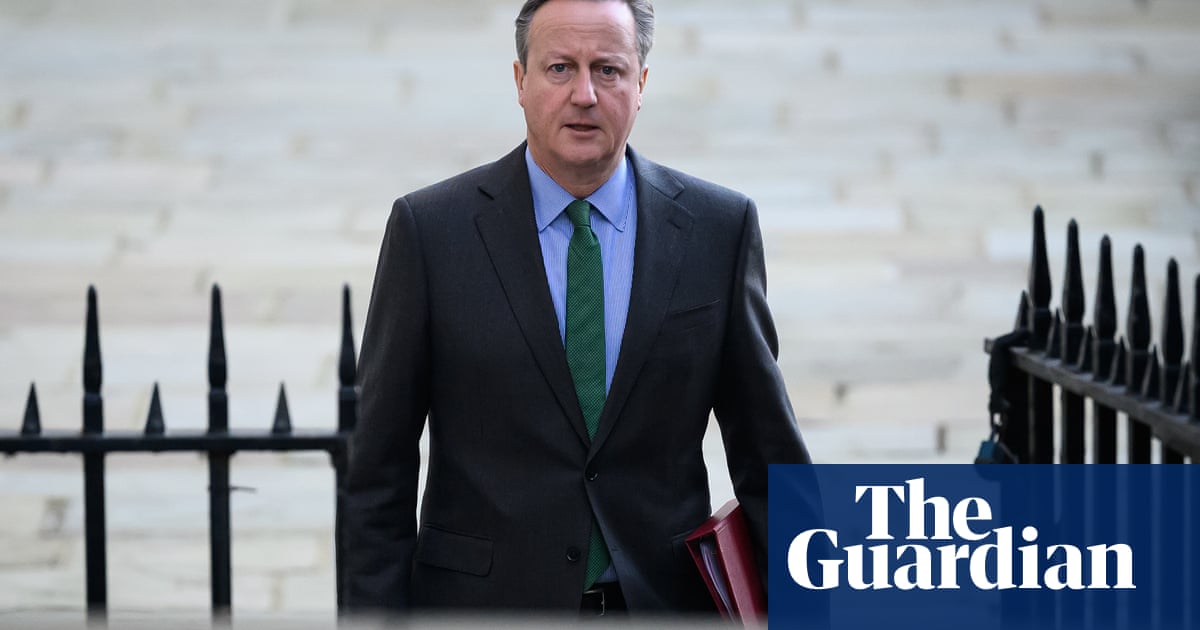
An Australian computer scientist who claims he created bitcoin is taking legal action in the United Kingdom, which could force the court to rule on whether he is indeed the cryptocurrency’s inventor.
London’s high court this week allowed Craig Wright’s lawyers to pursue the operator and publisher of the bitcoin.org website, called Cobra, over what they say is copyright infringement, according to documents filed in court seen by Reuters.
The case hinges on who wrote bitcoin’s white paper, which first outlined the technology behind the digital currency, under the pseudonym Satoshi Nakamoto in 2008.
The identity of Nakamoto has long been a hot topic and Wright’s claim that he is the author is fiercely disputed, not least by Cobra.
“Bitcoin.org isn’t based in the UK and Craig’s copyright claims over the white paper can be easily verified to be false ... ,” Cobra messaged Wright’s lawyers, Ontier, over Twitter on 20 January, according to court filings.
Wright, who lives in Britain and says he has the evidence to support his claims, accused Cobra of wrongfully controlling the bitcoin.org website and demanded that it remove the white paper.
“The case will turn on whether the court is satisfied that Dr Wright did indeed author – and owns the copyright in – the white paper and, therefore, that he is Satoshi Nakamoto,” said Simon Cohen, a lawyer at Ontier, representing Wright.
Bitcoin.org has refused Wright’s lawyers’ demands to take down the white papers, dismissing the copyright infringement claim as “without merit” in January.
Reached by email, Cobra said: “We’ve been threatened to take down the bitcoin white paper by someone who obviously isn’t the inventor of bitcoin (if he was, that would make him the 25th richest person in the world, which he obviously isn’t).
“Seems like he’s trying to abuse the UK courts to make them try to censor the white paper and harass small websites like us providing education content with his behaviour.”
It remains unclear whether Cobra will reveal its identity to defend the claim and avoid risking any default judgment in Wright’s favour.
Wright’s legal team said the purpose of the case was not to limit access to the white paper, or to “silence or intimidate anyone” but to protect his rights to his intellectual property.
“Similarly, Dr Wright does not wish to restrict access to his white paper but does not agree that it should be used by supporters and developers of alternative assets, such as bitcoin core, to promote or otherwise misrepresent those assets as being bitcoin, given that they do not support or align with the vision for bitcoin as he set out in his white paper.”
Bitcoin has surged in value this year, increasing nearly 90% to hit a record of almost $65,000 last week.
In 2015, Wright was investigated by the Australian Taxation Office over his involvement with bitcoin. His Sydney home was raided by the Australian federal police, leading to speculation he might be Nakamoto.
In 2016, Wright claimed he was Nakamoto, but experts questioned the evidence he provided. He promised to provide further proof, but backed down days later, saying he was “sorry” and did “not have the courage”.
A review of a US court ruling in 2019 on whether Wright should hand over up to half of his alleged bitcoin holdings to the estate of his alleged former business partner David Kleiman, has been delayed due to the Covid-19 pandemic, and isn’t due to commence until June.
The judge in the original case stated in the ruling that the court “is not required to decide, and does not decide” whether Wright is Nakamoto, and the court was not required to decide and did not decide how much bitcoin Wright controls today.











